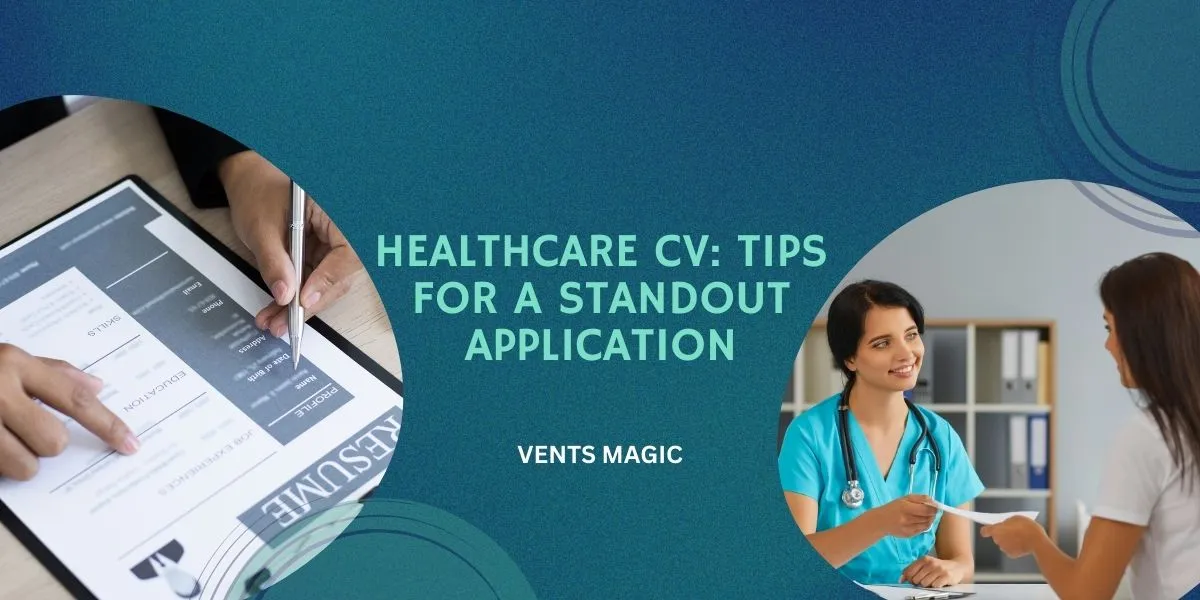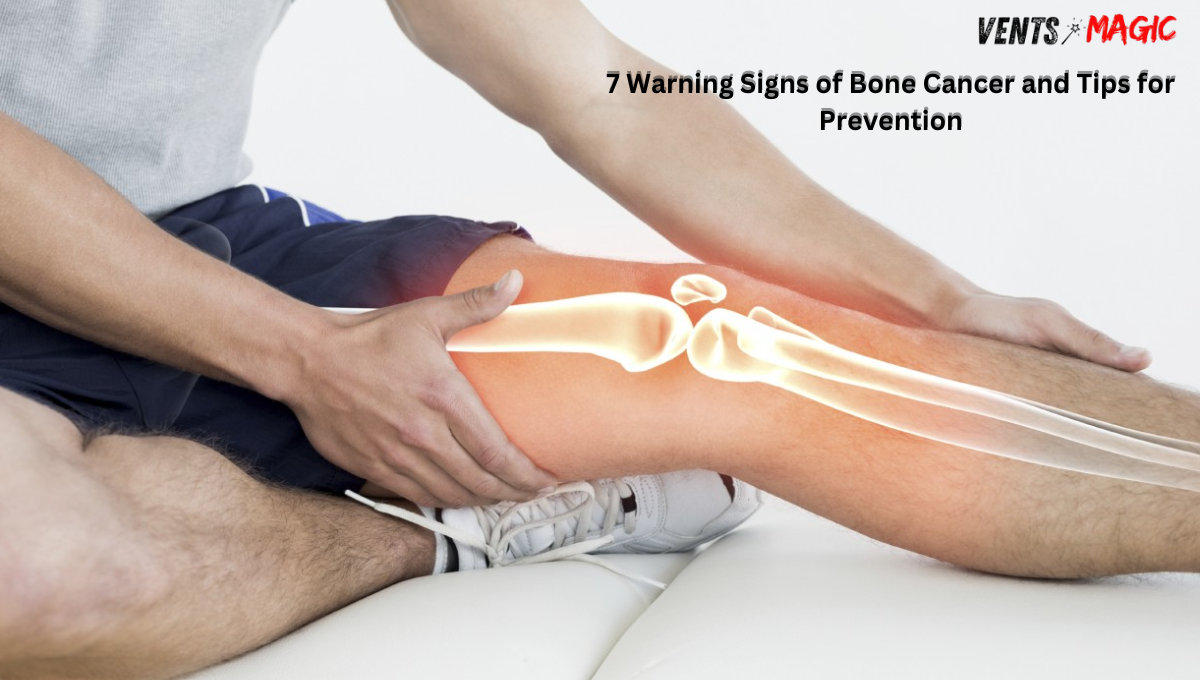Healthcare CV: Tips for a Standout Application
A well-written CV is vital in the healthcare industry, where competition can be fierce. Whether you’re a doctor, nurse, or healthcare administrator, a good CV effectively emphasizes your qualifications, experience, and skills. This post provides straightforward, actionable advice to help you create a clear and powerful healthcare CV.
If you require more specific assistance, hiring a CV writing service will save you time and guarantee your application stands out.
You will love to read: Wellhealthorganic buffalo milk tag
What does a health professional do?
A health professional is a qualified person who provides medical treatment and support to patients. Their responsibilities include diagnosing and treating illnesses, injuries, and medical ailments. They may also provide preventative care, educate patients about health and wellbeing, and help them manage chronic diseases. Health professionals operate in a variety of venues, including hospitals, clinics, private practices, and community health centers, and they might specialize in areas such as nursing, medicine, physical therapy, or mental health.
Understand the Purpose of a Healthcare CV
Your CV must show why you are the best candidate for the position. Healthcare businesses want certain qualifications, experience, and soft skills such as empathy, communication, and attention to detail. Tailor your CV to highlight these characteristics while remaining short and to the point.
1. Personal Details and Contact Information
At the start of your resume, explicitly include:
- Full Name
- Professional title (e.g., registered nurse, surgeon, healthcare administrator)
- Contact number
- Professional email address
- LinkedIn profile (optional, but preferred).
Make sure your contact information is correct and up to date. Unless specifically requested, do not include irrelevant information such as marital status or nationality.
2. Professional Summary: Concise and Focus
Your professional summary should provide an overview of your skills, experience, and the value you add to the post. Keep it concise, no longer than 3-4 sentences.
For example, “compassionate registered nurse with over 5 years of experience in critical care settings.” Experienced with patient communication, medication management, and electronic health record systems. Seeking to contribute to a dynamic healthcare team that emphasizes patient-centered care.”
If you’re unsure how to explain your experience, a CV writing service can help you structure a good beginning statement.
3. CV tips for Health Professional
Crafting an amazing CV that launches your career is a difficult task. While adhering to core writing concepts is beneficial, obtaining guidance tailored to your specific job pursuit is also sensible. As a novice to the professional world, you need Health Professional CV tips.
We’ve selected excellent information from knowledgeable health professionals. Explore their thoughts to help you streamline your writing process and increase your chances of creating a CV that captures the attention of potential employers.
- Use a professional format and layout to make your CV easier to read and browse.
To capture the reader’s attention, start your CV with a succinct review of your professional background, qualifications, and talents. - Highlight your relevant work experience, education, certifications, and any particular training or talents that set you apart as a healthcare expert.
- Give specific instances of your successes and effects in previous positions, such as improved patient outcomes, successful projects, or awards and recognitions.
- Proofread your CV carefully for typos and grammatical problems, and modify it to each individual job application to demonstrate your suitability for the position.

4. Health Professional CV Summary Examples
A Health Professional CV Summary or CV Objective can help to highlight specific talents, expertise, and experience in the healthcare industry. It also provides a concise description of the candidate’s professional objectives, qualifications, and accomplishments, allowing recruiters to rapidly assess their appropriateness for the position. Health professionals who include a summary or objective at the beginning of their CV can make a good first impression and stand out from the crowd.
For Example:
- Experienced nurse with great clinical skills and an understanding of evidence-based practice.
- Expert physical therapist specializing in orthopedic and sports rehabilitation.
- Dedicated occupational therapist who is passionate about assisting clients in achieving independence.
- A compassionate psychologist with background in counseling and therapy for mental health issues.
- Certified medical assistant skilled in patient care and administrative duties.
5. Build a Strong Experience Section for Your Health Professional CV
Creating a solid experience section for a health professional CV is critical because it highlights a candidate’s relevant job history, talents, and achievements. This section provides a thorough review of the individual’s knowledge and displays their potential to succeed in the healthcare business. It also enables companies to evaluate the candidate’s qualifications and appropriateness for the position, boosting their chances of getting a job interview.
For Example:
- Completed a 12-month internship at a family medicine clinic
- Worked as a medical scribe for 2 years at a busy emergency department
- Volunteered at a community health center for 6 months
- Participated in a medical mission trip to provide care to underserved populations in rural areas
- Served as a research assistant in a cardiovascular disease lab for 1 year
- Shadowed a team of surgeons at a tertiary care hospital for 3 months
- Assisted in patient care activities as a nursing assistant at a long-term care facility
- Participated in a primary care rotation at a clinic for the elderly
- Completed a clinical rotation in pediatrics at a children’s hospital
- Performed health education and screenings as part of a community outreach program
6. Health Professional CV education example
A bachelor’s degree in a health-related subject is normally required for a Health Professional. Many pursue advanced degrees, such as a master’s or PhD in their field of work. In addition to formal schooling, health professionals are frequently required to get specialized qualifications and licenses, as well as participate in continuing education to remain current in their specialty.
Here is an example of an experience listing suitable for a Health Professional CV:
- Bachelor of Science in Nursing, XYZ University, 2010
- Master of Public Health, ABC University, 2014
- Registered Nurse (RN) License, State Board of Nursing, 2011
Certified Health Education Specialist (CHES) Certification, National Commission for Health Education Credentialing, 2015
7. Health Professional Skills for a CV
It is crucial to include abilities on a Health Professional CV because they show the candidate’s qualifications and suitability for the position. By demonstrating important abilities such as communication, empathy, critical thinking, and attention to detail, potential employers may see that the candidate is capable of giving high-quality care and support to their patients. This can also help the recruiting manager match the candidate to the healthcare organization’s specific needs.
Soft Skills:
- Empathy
- Communication
- Teamwork
- Problem-solving
- Adaptability
- Time management
- Conflict resolution
- Attention to detail
- Emotional intelligence
- Critical thinking
Hard Skills:
- Medical Diagnosis
- Pharmacology Knowledge
- Surgical Techniques
- Emergency Medicine
- Patient Assessment
- Medical Record Keeping
- Diagnostic Testing
- Rehabilitation Therapy
- Wound Care
- Disease Management
8. Keep Formatting Simple and Professional
Healthcare resumes should be easy to read and well-organized. Use a clean, professional typeface, such as Arial or Calibri, and keep the layout simple.
- Clear headers.
- Consistent bullet points
- Enough white space for readability.
Avoid utilizing photos, superfluous graphics, or bright colors. Healthcare employers desire a straightforward, professional appearance.
If you are confused about the finest formatting methods, a CV writing service can ensure that your CV meets industry standards.
9. Proofread and Edit: No Room for Errors
Accuracy is crucial in healthcare, and your resume should reflect this. Spelling problems, grammar faults, or inconsistencies in your CV can jeopardize your chances of getting the job. Always proofread your CV several times before submitting it.
Consider contacting a colleague or using a CV writing agency for a final review. A fresh set of eyes might spot mistakes you may have overlooked.
10. Certifications and Licenses: A Must in Healthcare CVs
Specialized certificates or licenses are frequently required for healthcare positions. Make sure to list them in a separate section. Include:
- Certification Title (e.g., BLS, ACLS, CPR, PALS)
- Issuing organization
- Expiration Date (if applicable)
- Example:
- Certified BLS Provider
- American Heart Association | Valid through December 2025.
Make a note of any certifications you are currently pursuing. A CV writing service can assist you to ensure this section is complete and correctly formatted.
11. Proofread and Edit: No Room for Errors
Accuracy is crucial in healthcare, and your resume should reflect this. Spelling problems, grammar faults, or inconsistencies in your CV can jeopardize your chances of getting the job. Always proofread your CV several times before submitting it.
Consider contacting a colleague or using a CV writing agency for a final review. A fresh set of eyes might spot mistakes you may have overlooked.
12. Tailor Your CV to Each Job
Every healthcare job is unique. Make sure to adjust your CV to match the specific requirements of each position. Use keywords from the job description to ensure your CV passes through applicant tracking systems (ATS) and reaches hiring managers.
If you find this process time-consuming, a CV writing service can help tailor your CV to different roles quickly and effectively.
Conclusion
Writing a healthcare CV entails paying close attention to detail and tailoring your content to highlight your most relevant skills and expertise. Focusing on the traits and accomplishments that make you a standout candidate increases your chances of getting the job.
If you’re not sure where to start or need extra help, a CV writing service can give you the professional edge you need. They can help you display your qualifications in the best way possible, ensuring your CV shines out in the competitive healthcare employment market.
FAQs: How to Write a Healthcare CV?
Below are some of the FAQs about how to write a healthcare CV. However if you have any other questions in your mind then don’t forget to use our contact us page.
1. Why is a well-written CV important in the healthcare industry?
A well-written CV is essential because the healthcare industry is highly competitive. Employers need to quickly assess your qualifications, experience, and skills to determine if you’re a good fit for the role. A clear and concise CV helps you stand out and increases your chances of securing a job.
2. What should I include in the professional summary of my healthcare CV?
Your professional summary should be a brief 3-4 sentence overview of your skills, experience, and value to the position. Highlight your qualifications and how they align with the healthcare role you’re applying for. Be concise and specific, showcasing your key strengths.
3. How should I list my work experience in a healthcare CV?
In the work experience section, focus on relevant roles and responsibilities. Provide specific examples of your contributions, such as improved patient outcomes or successful projects. Highlight your achievements, including awards and recognitions, and quantify them when possible.
4. What certifications and licenses should be included in a healthcare CV?
You should list all relevant certifications and licenses in a separate section. Include the certification title, issuing organization, and expiration date if applicable. Examples include Basic Life Support (BLS), Advanced Cardiovascular Life Support (ACLS), and CPR certifications.
5. How can I tailor my healthcare CV for different job applications?
Tailoring your CV involves adjusting it to match the specific qualifications and skills required for each job. Use keywords from the job description to optimize your CV for applicant tracking systems (ATS) and ensure it highlights the experience and skills relevant to the role you’re applying for.




Pingback: What Is Gingelly Oil? Benefits, Properties, Characteristics, and Risks -